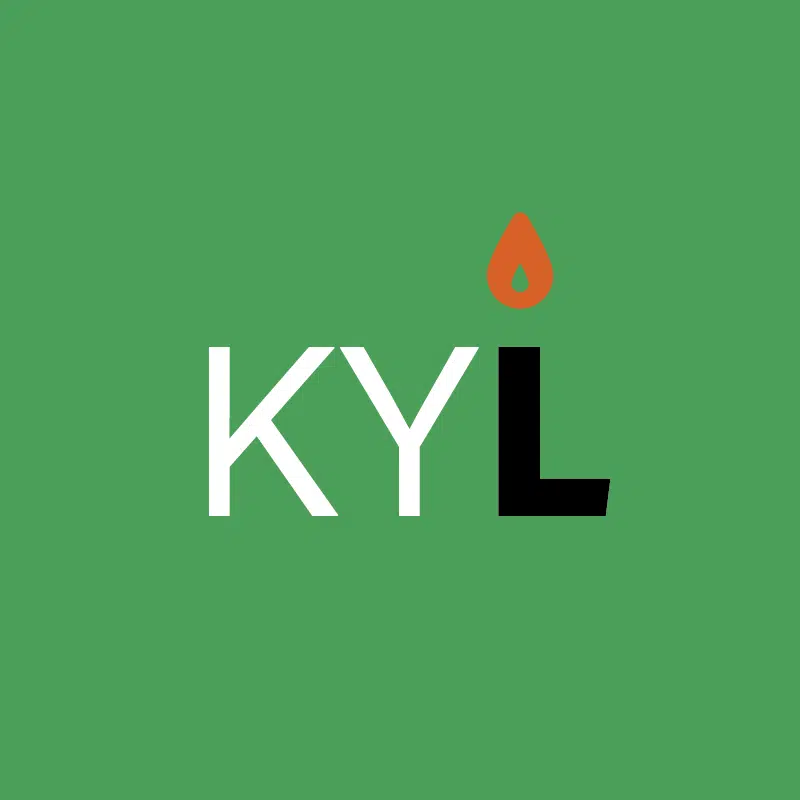More than shelter, campus to provide ‘wrap around’ care to a growing population in Louisville

Republished from Kentucky Lantern
LOUISVILLE — Construction has begun on Louisville’s Community Care Campus, a multi-building site in the Smoketown area aimed at providing housing, medical and other services to unhoused people in Kentucky’s largest city.
The campus, funded in part by the General Assembly, is now slated to open in 2027, Louisville Mayor Craig Greenberg announced Tuesday. Demolition of several existing structures on the campus grounds will begin next week.
Greenberg was joined on the future grounds by Jennifer Hancock, the president and CEO of Volunteers of America, which is planning and will operate the campus.
“Every day, we see how homelessness has increased on our city streets, and the need for more housing services has become even more urgent,” Hancock said. “My colleagues and I are ready and eager to address this challenge — and opportunity — for our city head on.”
House Republican Floor Leader Steven Rudy, R-Paducah, and Senate Democratic Floor Leader Gerald Neal, D-Louisville, also spoke.

How is the campus funded?
The $58 million campus will include shelter for unhoused families, a health clinic, transitional housing for young adults, food services and an office for Louisville Metro Police.
The campus will also include a playground, activity courtyard and family lawn, according to 2024 floor plans.
Of the $58 million price projection, $23 million was appropriated by the General Assembly and Louisville Metro Government. Another $19 million came from low income housing tax credits. VOA raised an additional $1 million, and says it will announce a major investment next week, which will go toward the remaining $16 million needed to finish the project.
During the 2024 legislative session, lawmakers approved a two-year budget, which included $100 million for projects in Louisville, including the Community Care Campus.
Hancock said the police office on the campus is “not built on a premise of enforcement.”
“If that has to happen, of course, we need them to do their jobs,” she said. “But there is so much upside to having them be part of the community that we are going to create.”
Greenberg said having a police presence in the campus will be a chance for police to “develop stronger relationships with nonprofit partners” and “build relationships with individuals themselves to show that we are policing in a new way in this city.”
In August, the Department of Justice said Louisvillians needed better access to community based services to end a cycle of over-policing as a solution to mental health crises.
Senate President Robert Stivers, R-Manchester, said the Community Care Campus is “a response to the DOJ report, but it is not in response to the DOJ report.”
What the data shows
A report from The Coalition for the Homeless showed that between 2018 and 2021, homelessness in Louisville increased 41%, from 7,572 to 10,640. The number of people who sought non-shelter services also increased from 75 to 3,724.
Of those in need, Hancock said Tuesday, “the greatest problem today is the number of families who are unhoused.” So, while the Community Care Campus will help individuals, she said, it will prioritize families.
The campus will have an economic benefit to the city, Greenberg and others said.
In 2023, Greenberg said, 15% of fire department runs “involved encampments or interactions with people experiencing homelessness.” That includes medical responses and runs to fires in homeless shelters, encampments, vacant house fires and fires started by squatters, a VOA spokesperson said.
Also in 2023, the city spent $400,000 on removal of solid waste — both garbage and human waste — left at encampments. That’s down from $600,000 in 2022, according to VOA data.

Stivers praised Greenberg’s efforts to make sure Louisville has “a great downtown for the purpose of being functional and aesthetically really good looking.”
“But it’s not going to be someplace that people want to come to if there’s a large homeless population in and around the area that don’t feel safe,” Stivers said. “I can talk about all the economics, I can talk about all the tourism, but let’s talk about basic humanity. We need to take care of those who most need help.”
While VOA works on the campus, it will also open a temporary shelter for families and children during the upcoming winter months, Hancock said.
Rep. Rachel Roarx, D-Louisville, said the campus is “a great step in addressing one of our most important issues” in her county.
“It’s not only about housing,” she said. “It’s about providing critical services in one place that truly wraps around an entire individual, young person, family and sets them on a path to stable housing in the future.”
SUPPORT NEWS YOU TRUST.
Kentucky Lantern is part of States Newsroom, a network of news bureaus supported by grants and a coalition of donors as a 501c(3) public charity. Kentucky Lantern maintains editorial independence. Contact Editor Jamie Lucke for questions: info@kentuckylantern.com. Follow Kentucky Lantern on Facebook and Twitter. Kentucky Lantern stories may be republished online or in print under Creative Commons license CC BY-NC-ND 4.0.
Donate to Kentucky Lantern here.